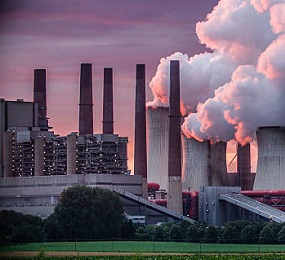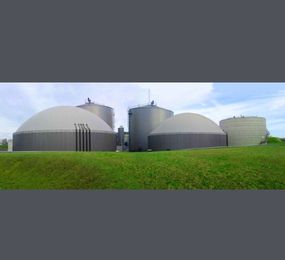There are more opportunities to combine the production of advanced biofuels with other cleantech advancements. Waste-to-energy initiatives that replace landfilling and incineration are gaining popularity. Recycling garbage is more enticing than converting agricultural products that were developed specifically for conversion. Trash-to-energy initiatives reduce greenhouse gas emissions while resolving the issue of how to dispose of solid waste. Due to high tipping rates for landfilling these wastes, the economics of processes that employ them are fast improving.
Many different feedstocks and conversion technologies can be used to make biofuels. The most popular biofuels are biodiesel made from vegetable oils and bioethanol made from sugar or the starch part of plants (such as corn, wheat, sugarcane, sugar beet, and cassava) (e.g., rape seed, sunflower, soybean and palm oil). Additionally, lignocellulosic materials can be used to make bioethanol, while animal fats and microorganisms like microalgae can be used to make biodiesel. Cellulosic ethanol and biodiesel derived from microorganisms are two emerging biofuel technologies that we refer to as advanced biofuel technologies. This category also includes synthetic fuels created from biomass using the Fischer-Tropsch (FT) process1.
Developers of advanced biofuels have switched to higher-value goods that benefit from the special qualities of materials obtained from biomass. Commercialized methods of producing the sugar-derived building blocks succinic and adipic acid through fermentation have been developed. Also being explored are methods for creating conventional chemical building blocks like olefins and aromatics. These products provide an economic incentive but leave behind low-value biomass which is an opportunity feed for advanced biofuels. A significant opportunity is to convert these by-products and wastes from current ethanol manufacturing. Among them are techniques for monetizing carbon in aqueous wastes and leftover lignin that has been extracted from biomass.
In the future, fossil fuels could be largely replaced by sophisticated biofuel production methods including lignocellulosic ethanol, microalgal biodiesel, and Fischer-Tropsch (FT) fuel.
Join us on 30th November - 2nd December, 2022 for the Advanced Biofuels Forum in Amsterdam Netherlands where we will have a panel discussion. So you don't feel left out in the industry!
For more information and group participation, contact us: [email protected]
















